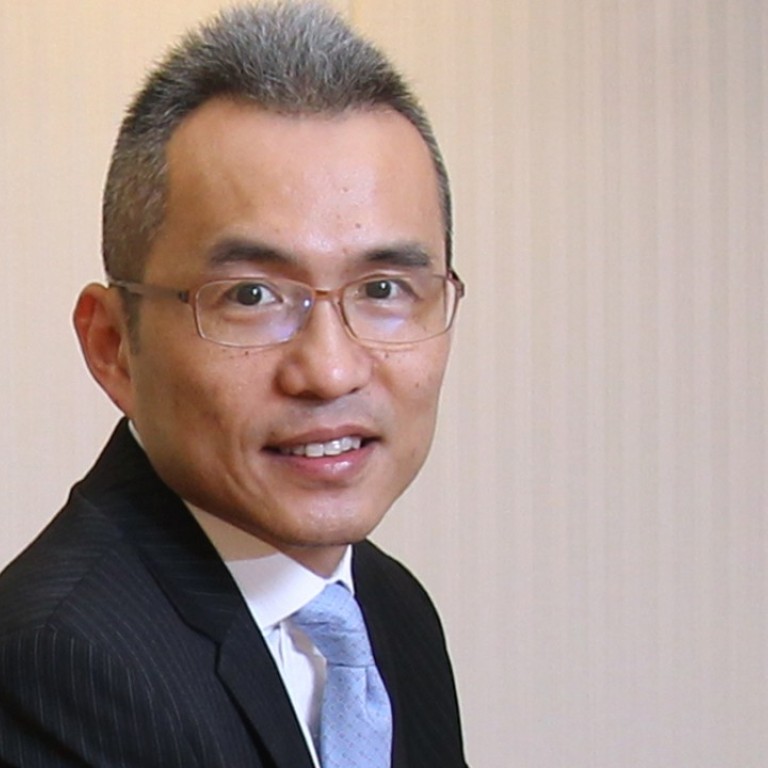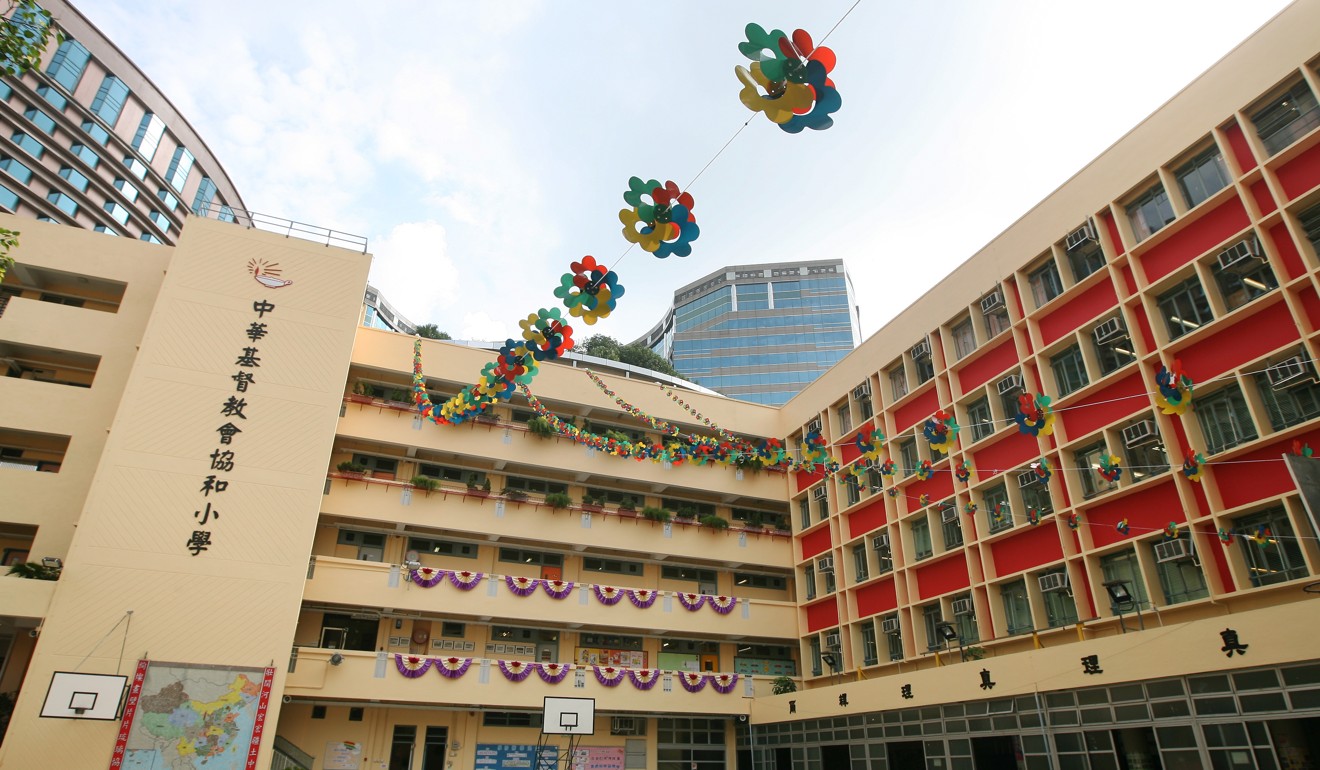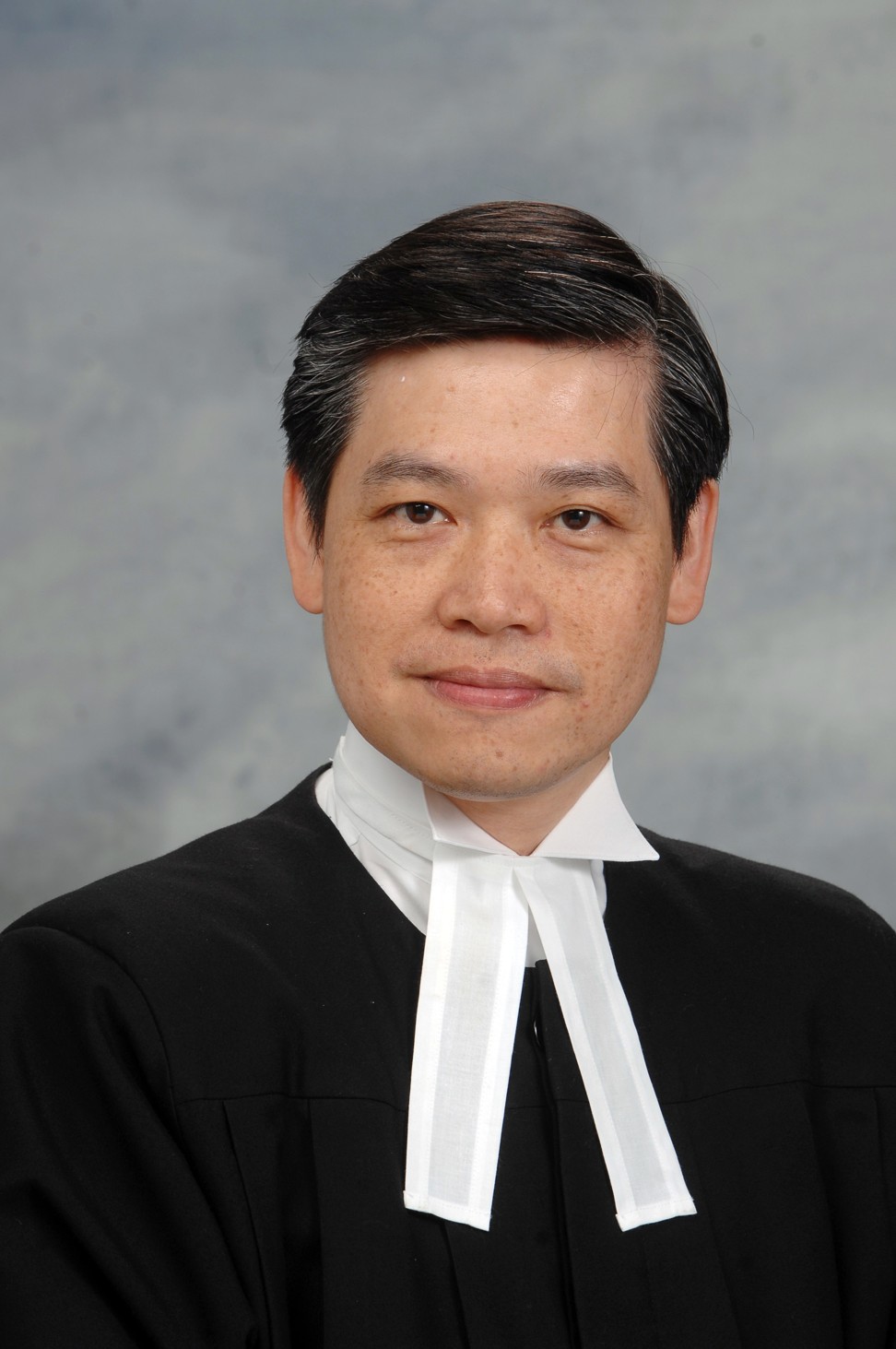
At least 15 smartphone-related prosecutions in limbo due to ‘wrongly applied’ charge
High Court reveals full impact of last month’s ruling that prosecutors were wrongly using ‘one-size-fits-all’ charge against primary schoolteachers accused of leaking entrance exam questions
At least 15 smartphone-related prosecutions are in limbo because a recent Hong Kong court ruling that a commonly used charge for such cases was being wrongly applied has forced their adjournment for months.
This was revealed on Thursday as the High Court gave preliminary approval for the Department of Justice to appeal against the acquittal last month of four primary schoolteachers accused of leaking entrance exam questions using their smartphones.
The “one-size-fits-all” charge, as described by legal professionals, is often invoked to prosecute upskirting cases.

“We just can’t guess how many [new cases] are affected,” Leung said. “Because of the latest ruling we cannot bring charges under this offence.”
Because of the latest ruling we cannot bring charges under this offence
Leung was speaking after a procedural hearing on Thursday, when judge Pang Chung-ping backed the department’s appeal against his ruling to be brought to the Court of Final Appeal after agreeing the matter was of public interest.
Pang said in his judgment in August that the justice department had wrongly applied the charge under Section 161 and must prove there was “unauthorised extraction and use of information”, instead of the mere “use” of a computer or smartphone.
At Thursday’s hearing, the prosecution argued such an interpretation was never the law drafters’ intention.
A separate new charge requiring proof of unauthorised access to a computer was instead added to the Telecommunications Ordinance in the same Legco session.
Leung said public interest warranted the appeal, and warned of a slippery slope in that some computer offences might not be caught if the court’s latest interpretation of Section 161 was adopted.
For example, phishing scammers who sent messages through their own computers to a large number of recipients to induce them to reveal personal information could escape legal sanction, he said. This might eventually lead to recipients suffering financial losses.
“In the real world [as compared with cyberspace] … one has to get the real [physical] address and mail it, hoping the recipient would respond. This is not comparable to sending an email,” Leung said.
But the defence countered that the August ruling on Section 161 had been sufficiently clear, rendering the prosecution’s claims academic.
“Continuously applying the offence wrongly throughout the years would not make the alleged point of law become one of great and general [public] importance,” wrote James Tze, lawyer for one of the defendants, Wong Pui-man, in a court submission.
“Any loophole in the offence should be amended by the legislative authority.”
Pang said any appeal would be unlikely to affect the four defendants’ acquittal, but it would be in the public interest to clarify the scope of the “controversial” charge, and handed the matter over to the Court of Final Appeal.
The city’s top court will still have to start a separate hearing to decide whether to accept the appeal. No date for that has been fixed.
Some of the defendants have unsuccessfully tried to bargain with prosecutors, asking them to drop the charge and pay legal costs.


